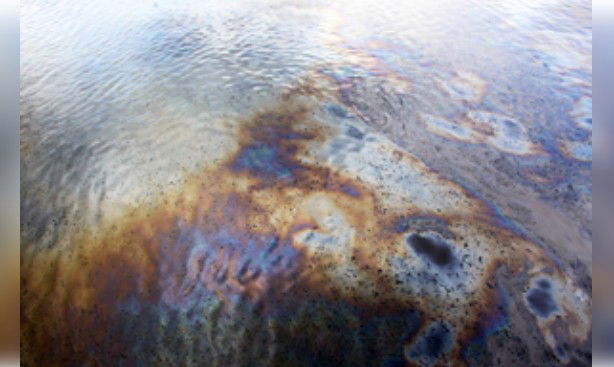Health
NIT Rourkela develops eco-friendly biofilm to mitigate impact of industrial oil spills, chemical waste

New Delhi, July 24
Researchers at the National Institute of Technology (NIT) Rourkela have developed a novel bacterial biofilm technology that can degrade phenanthrene -- a toxic Polycyclic Aromatic Hydrocarbon (PAH) commonly found in industrial chemical waste -- and help mitigate industrial oil spills.
PAHs are hazardous organic compounds capable of contaminating soil and water through fossil fuel combustion, industrial discharge, and oil spills.
Traditionally, these are managed by chemical oxidation or soil excavation, which are expensive and often generate secondary pollution.
However, the patented new biofilm, comprising cells attached to the substratum within an extracellular polymeric matrix, enabled 95 per cent degradation of phenanthrene in just five days.
It provides an environmentally friendly, effective, and cost-efficient solution for wastewater treatment.
“The technology can help in mitigating the impact of industrial oil spills, where phenanthrene and other PAHs pose a serious threat to marine ecosystems. It will also be highly beneficial for regions with high industrial activity and inadequate pollution control infrastructure,” said Dr. Kumari Uma Mahto, Research Graduate, NIT Rourkela.
The biofilm was developed using Luria Bertani broth -- a nutrient-rich medium.
It has also demonstrated rapid PAH degradation attributed to enhanced metabolic capacity and structural stability of the biofilm matrix, which supports increased microbial cell density, prolonged viability, and effective substrate utilisation.
“The new biofilm is well-compatible for integration in existing biofilm reactors used at municipal and industrial wastewater treatment facilities, especially those dealing with hydrocarbon-based pollutants,” said Prof. Surajit Das, Department of Life Science, NIT Rourkela.
"Our patented technology also opens opportunities for potential collaboration with the petrochemical industry to promote more sustainable pollution control practices," Das added.
In addition, the biofilm contains a protective layer of Extracellular Polymeric Substances (EPS) that helps in dissolving and absorbing the harmful molecules while protecting the microbes from toxic effects.
The findings also highlight the potential of biofilm-based systems for enhanced biodegradation of persistent organic pollutants in wastewater treatment systems and contaminated aquatic environments, the team said



































